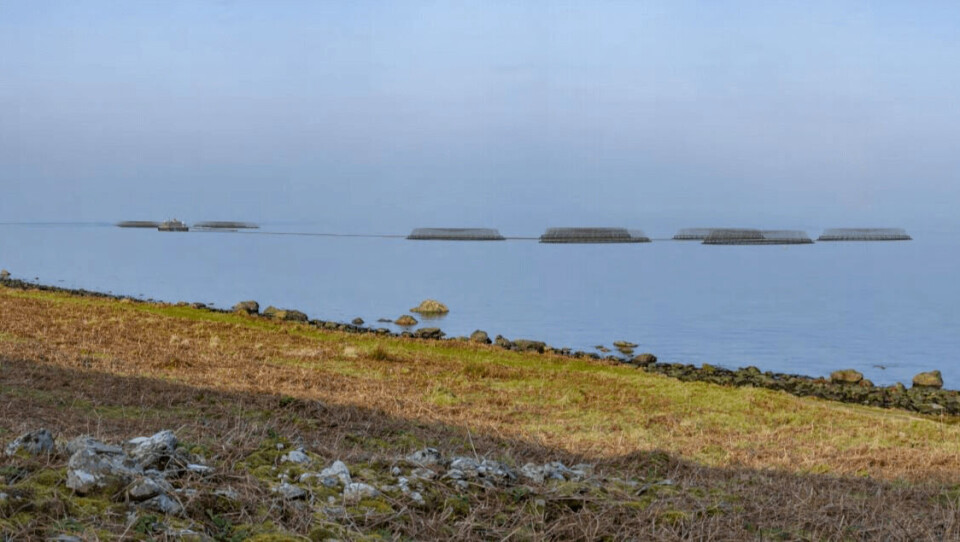
Another salmon farm rejected for ‘spoiling the view’
The second Scottish salmon farmer in under two months has had a planning application appeal thrown out by a government reporter on visual impact grounds.
The Scottish Salmon Company (SSC) had appealed against North Ayrshire Council’s decision in March this year to refuse permission for a farm off Arran.
SSC had previously cut the planned number of pens from 20 to 12, reducing maximum allowed biomass from 5,000 tonnes to 2,300 tonnes, in an attempt to win over planners.
Opposition
But councillors were faced with local opposition to the planned farm east of Millstone Point, Lochranza.
Yesterday, the Scottish government’s reporter, Allison Coad, announced she had decided to uphold the council’s decision.
The reporter accepted that the farm would contribute to the local and national economy and also noted that it was not apparent it would have an adverse impact on either wild salmon or marine mammals.
However, the visual impact of the farm outweighed the benefits it would bring, she ruled.
“I find the proposal is an unacceptable incursion into an isolated, locally and national valued area of landscape and seascape.”
SCC is Scotland’s second largest salmon farmer and is owned by Faroese company Bakkafrost, which is spending millions of pounds a year over five years to modernise its Scottish operation.
Appeals
Just last month, the Scottish government’s planning and environmental appeals division dismissed the appeal made by Organic Sea Harvest (OSH) to site 12 x 120m pens and a feed barge near Balmaqueen on Skye.
It was the second time OSH has lost a planning appeal, following a Scottish government reporter’s decision to affirm Highland Council’s refusal of an application for the company’s proposed Flodigarry site in the same area.
Both refusals were based in the main on the perceived visual impact of the farms to people walking a coastal path used by an average of 5.4 people a day.
Government reporter Sue Bell said she was satisfied that the economic benefits of the scheme “are likely to be generally positive”, and agreed that the mitigation measures proposed would have safeguarded wild salmon stocks and would not have unacceptable adverse effects on protected habitats or species.
Wildness
However, she decided the salmon farm’s “proximity and hence prominence in the foreground, in a seascape that is otherwise free of permanent, man-made structures would detract significantly from the feelings of wildness and tranquillity that can currently be experienced”.
The Scottish government has pledged to back the salmon farming industry. Rural Economy Minister Mairi Gougeon told a salmon farming gathering at COP26 in Glasgow last week that aquaculture “is a vital part of our economy” and “salmon farming will make a huge contribution to our future”.























































